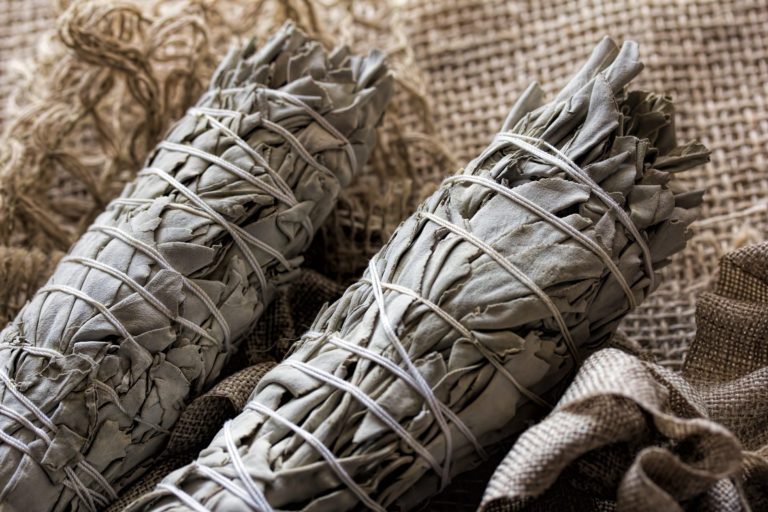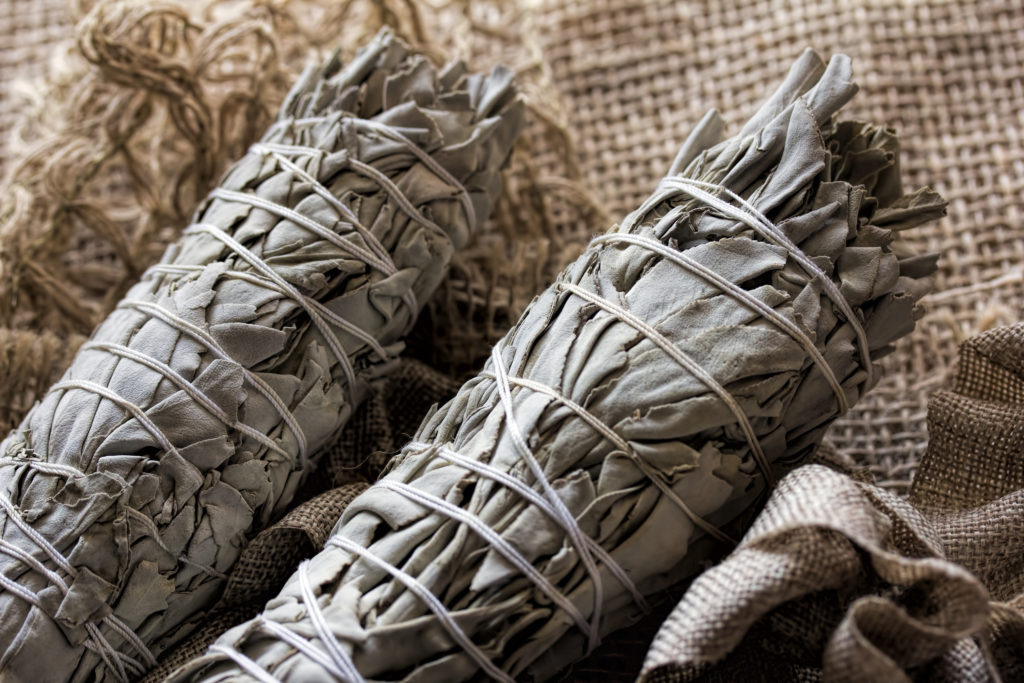An apology, an acknowledgement, and a conversation to move forward
On October 1-3, 2017, the Ontario Association of Children’s Aid Societies (OACAS) will host a gathering at Geneva Park and Rama First Nation to acknowledge and apologize for the harmful role child welfare has played historically, and continues to play, in the lives of Ontario Indigenous children, families, and communities.
The gathering is an opportunity to facilitate further dialogue between non-Indigenous child welfare agencies, Indigenous agencies, and representatives from Indigenous communities across Ontario. It will provide Indigenous participants the opportunity to talk about the impacts the child welfare system has had on their communities, as well as share ideas about how best to continue moving forward with Reconciliation.
“The apology is a really critical piece of the child welfare Reconciliation journey,” says Karen Hill, Director of Indigenous Services at OACAS. “As I’ve said before, moving forward cannot happen without apologizing for past wrongs. Apologies are a necessary part of the healing process.”
Over the past five years, OACAS and its membership have made addressing the over-representation of Indigenous children in the child welfare system a top priority.
In that time, the sector has been working steadily to better support and collaborate with Ontario Indigenous communities toward improved health, well-being, and life chance of Indigenous children. This work is evolving and includes such initiatives as developing resources to better support child protection workers in their day-to-day interactions with Indigenous families; releasing a framework to guide Reconciliation work across Ontario’s Children’s Aid Societies; and hosting events to seek feedback from key Indigenous partners about the ongoing efforts of the child welfare sector to repair relationships with First Nations, Inuit, and Métis communities. Advancing and supporting the restoration of jurisdiction of services to Indigenous child welfare agencies has also been a focus. Although much progress has been made, the Ontario child welfare sector recognizes that the work continues and further transformation is necessary.
“The Reconciliation pathway does not have an end,” says Mary Ballantyne, Chief Executive Officer of OACAS. “In fact, it is an ongoing journey that non-Indigenous and Indigenous people must take together to build healthy, cooperative, and supportive relationships for the well-being of children and youth. The October gathering is an important milestone on our Reconciliation pathway.”
See our Reconciliation timeline for a more comprehensive overview of the child welfare sector’s past and ongoing Reconciliation efforts.

